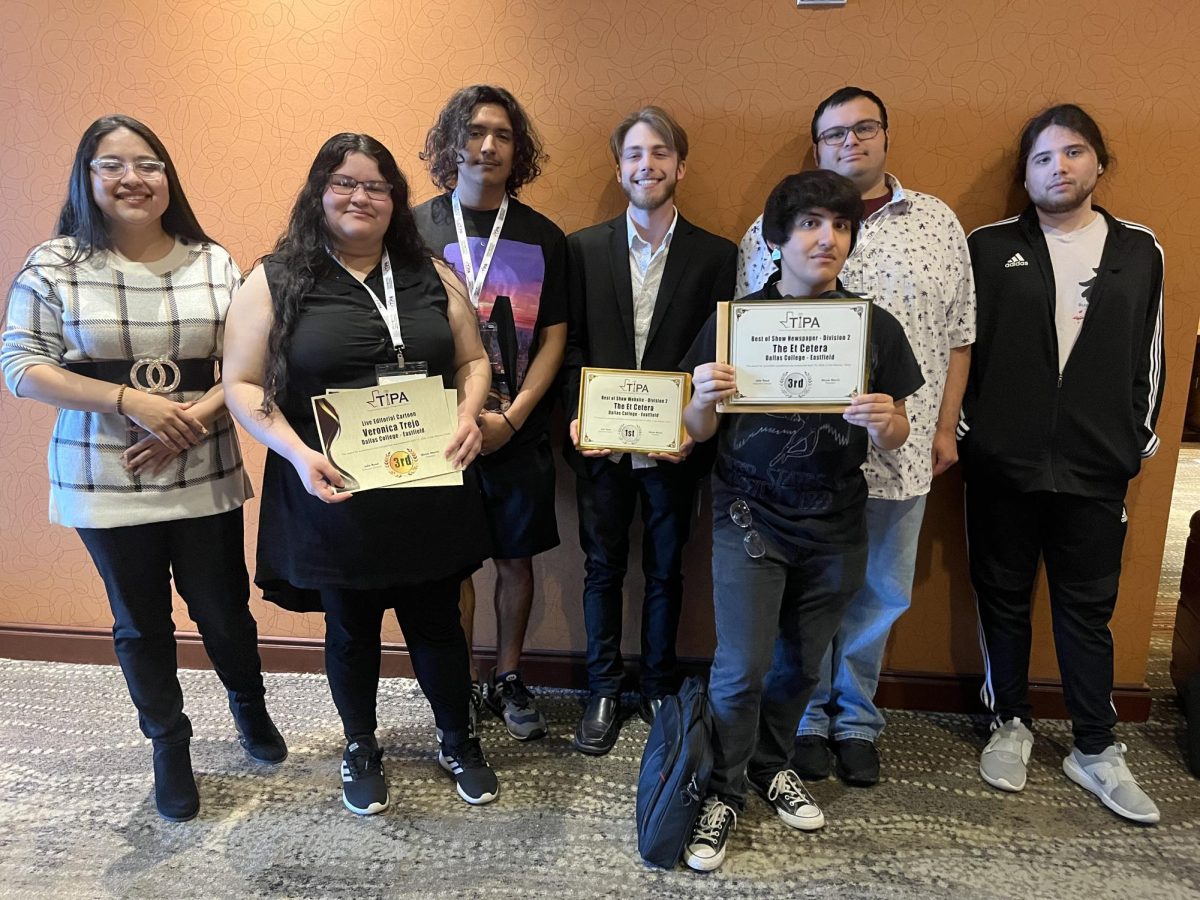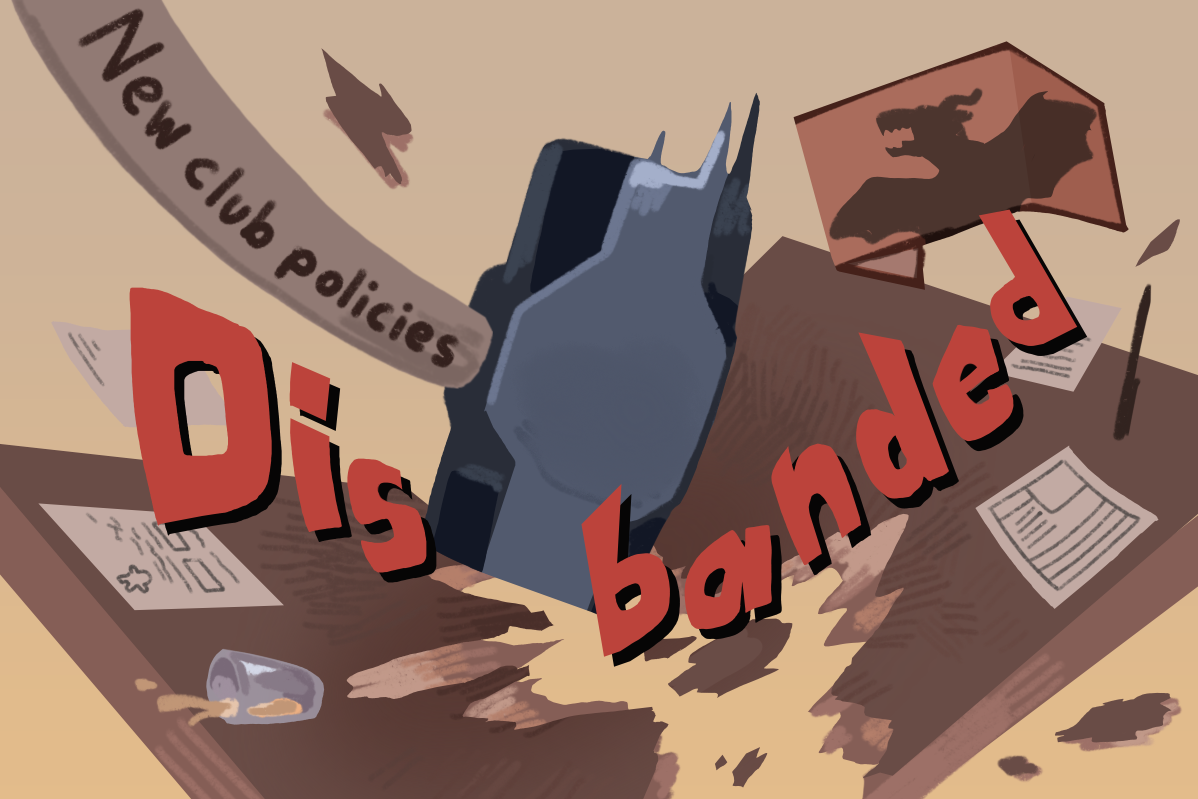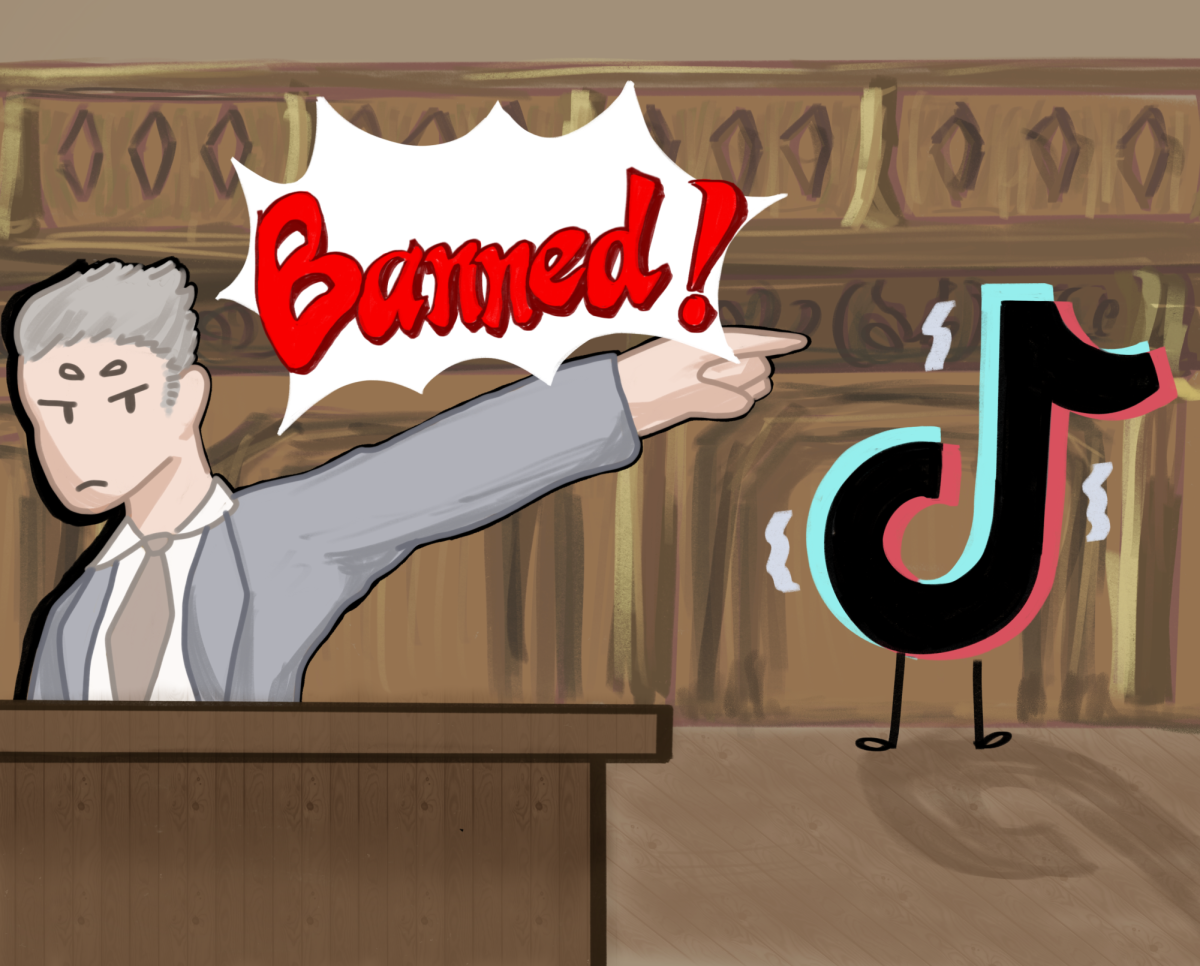Now that the 88th Texas Legislature has concluded, 774 laws have been passed, which went into effect on Sep 1, among them a number of bills that are having extensive effects on public colleges.
House Bill 8 and Senate Bills 17 and 18 have all been passed. House Bill 8 affects public college funding. SB 17 institutes a blanket ban on Diversity, Equity, and Inclusivity offices on Texas campuses. Meanwhile, SB 18 changes employment practices.
House Bill 8 changes the way in which public colleges are funded throughout Texas. It establishes a tiered formula-based funding system that will allow colleges that are striving for excellence and student outcomes to be granted further state funding. This differs from the old system in which funding was provided per contact hour.
“This is one of the greatest igniting opportunities that we are going to have as a governing body, to be able to convert this law into revenue for expansion of our programs,” Dallas College Trustee Cliff Boyd said at the Aug 8 Finance Committee meeting at the Dallas College Administrative Office.
Dallas College will be in the performance tier of funding, which means the college will receive state funding that is dependent upon student outcomes. For example, the success of adult learners, economically disadvantaged and academically disadvantaged students earn the college more funding.
Also, there are 42 high-demand academic fields that result in extra funding. For example, a student who earns an associates degree will result in the college being allocated $3,500, while a student who earns an associates degree in a high-demand field will result in the college being allocated $4,500.
Since this new model is outcome-based, it means that ensuring students receive the services they need to continue semester to semester is even more important.
“It is all outcome,” said Beatriz Joseph, vice chancellor of student success, “To get to completion, a student has to persist. We need to make sure they get financial aid. We need to make sure they go to tutoring. We need to make sure that there is child care… So that’s the idea behind the village behind the student that supports them along the way.”
Senate Bill 17 contains a total ban on diversity, equity, and inclusivity offices for all public colleges. This ban has been heralded by some as a move towards equality and critiqued by others as a setback for expanding diversity and providing opportunities to minority students.
Next, it requires that all public colleges in Texas need to incorporate a new mission statement. It promotes diverse thought and maintaining institutional neutrality on political and social issues.
The second to last section of the bill introduces a prohibition on mandating staff training that covers certain topics such as diversity, equity and inclusion unless mandated by a court order.
Finally, the bill states that a professor’s tenure may be revoked for specific violations of the bill. This bill is being enforced by making it so that colleges may not spend any money appropriated to them by the state unless they send in a certificate showing they are in compliance with SB 17.
“Texans have some of the best higher educational opportunities available nationwide, right here at home.” Lt. Gov. Dan Patrick said in a statement upon the bill’s passing, “However, DEI hiring practices have caused division and must be stopped.”
Senate Bill 18 primarily deals with tenure and employment practices at public colleges. Most notably, the bill pushes for better teacher excellence by requiring institutions to recognize and support faculty in teacher residency programs.
Additionally, the bill mandates that the colleges provide the board with more in-depth academic data about the classes and students.
Patrick also commented on Senate Bill 18, stating, “Tenured university professors are the only people in our society that have the guarantee of a job. Over the past year, it has become abundantly clear that some tenured faculty at Texas universities feel immune to oversight from the legislature and their respective board of regents. These professors claim ‘academic freedom’ and hide behind their tenure to continue blatantly advancing their agenda of societal division.”
Together, these legislative changes are set to influence the operations of Texas public colleges. Their impact will be observed over the coming years, and their effects on the landscape of higher education in the state will become clearer with time.









